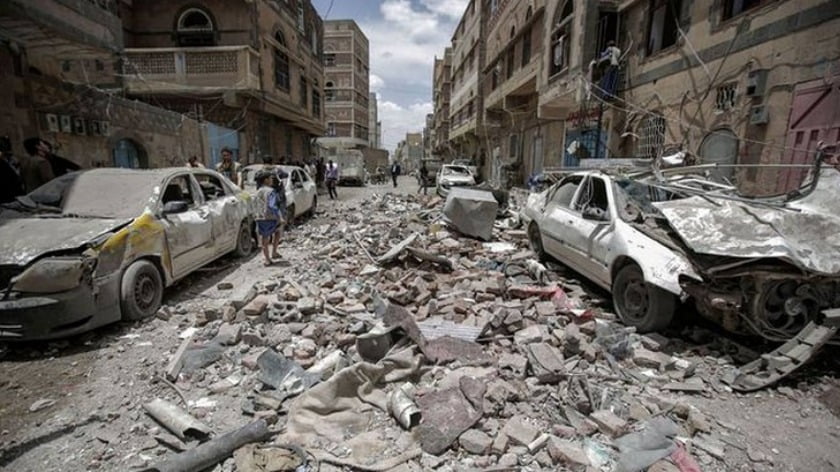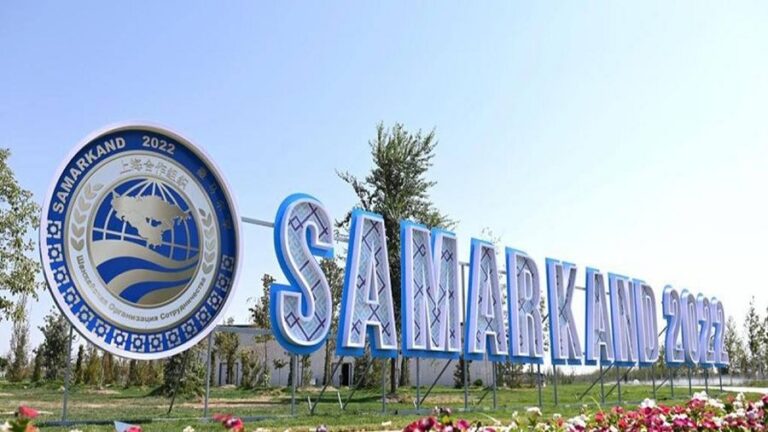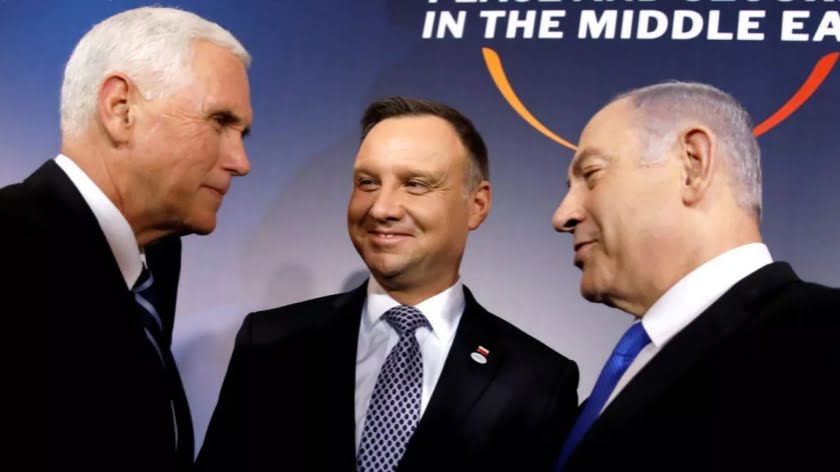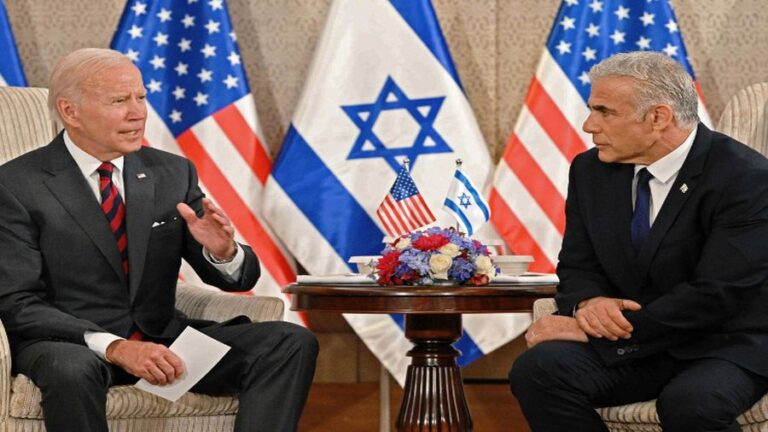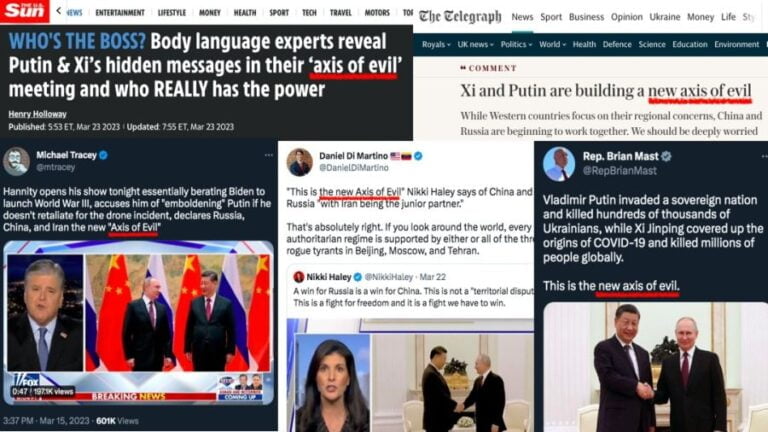Yemen: When will its Miseries and Agonies End?
The coronavirus pandemic has not cooled the drive of some governments to intensify further the civil war flames in Yemen, and prolong even further the tragedy of Yemen’s people. Out of their selfish and strategic interests, leaders of such countries as Saudi Arabia, the United Arab Emirates (UAE), and the USA, continue their blatant interference in the affairs of this Arabic state, while not permitting the simplest opportunity for Yemenis themselves to achieve a peaceful solution.
The latest step in this direction (a Jesuit-style pitting of various Yemeni groups against one another), with support from the UAE, was the announcement by the separatist Southern Transitional Council (STC) of its establishment of self-rule in the south of the country. As news agencies reported, in Aden the separatists took control of the port, Central Bank, and a number of other state institutions. As reported by the information portal, NewsYemen, on April 26, the separatists released the statement by STC’s Vice-President Hani Bin Brik, which demanded observance of the Riyadh agreement. According to his statement, the STC had done everything in accordance with the agreement, while the government continued to violate it. Hani Bin Brik also stated that, “the Transitional Council, which is the authorized representative of the people in the south, cannot look upon the people’s suffering and do nothing about it.”
The STC had barely made its announcement, when Washington’s current administration immediately intervened. US Secretary of State Mike Pompeo declared ominously, that Washington was “concerned” about such actions, and warned that they threatened efforts toward a renewal of peace negotiations between Yemen’s government and the Houthi rebels. Speaking of which, Washington might heed advice that if it was truly interested in a peaceful settlement of the Yemen crisis, it should cease cramming into Saudi Arabia and the UAE huge amounts of weaponry, which the latter use in their neighboring Arab country.
At the same time, the UAE is attracting attention with its sharply increasing activity to resolve Yemen’s conflict from a position of strength. It is well known that, beginning in 2016, the Emirates have been providing ever increasing military and financial support to the “Security Belt,” which today is the STC’s dominant militarized faction, consisting of approximately 90,000 armed fighters. The southern coalition relies on the Security Belt to ensure security for territories in the south and to reinstate the government in Aden. Abd-Rabbu Mansour Hadi’s forces have restored full control over the city.
Although recent political events are fueling separatist sentiments in the south, it should be noted that these have roots in Yemen’s past. Great Britain founded a colony in Aden in 1839, and remained there until its departure in 1967, when Aden was attached to other southern regions to form the independent People’s Republic of Southern Yemen. In 1970, the independent People’s Democratic Republic of Yemen was declared which, in 1990, was united with the north to form a unified Republic of Yemen. Beyond Aden’s city limits, smaller separatist movements in other southern provinces do not support the STC’s intent to restore the former Republic through the use of force. Furthermore, the UAE-supported faction would unlikely be able to win over the loyalty of disparate factions in the country’s south.
As a reminder, the Riyadh agreement was signed at the end of 2019 between Yemen’s government and the separatist power group, Southern Transitional Council, which till then had been fighting for over four years.
In 2014, after the beginning of Yemen’s civil war, separatist sentiments again arose here. In August 2019, they flared up into intense battles for control of Aden between army units of Abd-Rabbu Mansour Hadi’s government and rebels. Although a peace accord was signed in November of last year, with mediation from the leaders of Saudi Arabia and the United Arab Emirates, it did not resolve the points of conflict between the country’s South and North. At the end of April of this year, the Transitional Council of Southern Yemen announced that the central government, for several months already, had not paid salaries to officials and military personnel. They also accused Abd-Rabbu Mansour Hadi of supporting extremist and terrorist bands. The separatists declared their intent to create their own government in Aden, and form their own armed forces.
Many political analysts consider the latest events a signal of the UAE’s discontent with Saudi Arabia’s unilateral activities. To the UAE, either the Riyadh agreement will take into account the interests of all the players on the Yemen battlefield, foremost the UAE, or a bitter confrontation will commence between these two Arab states and their allies in Yemen itself. The UAE fears the loss of its influence in Yemen, and the STC’s current maneuverings are a type of trial balloon that should nudge the other side toward the quickest possible formation of an analogous government. Besides, this step makes abundantly clear that the South, in this instance, is prepared to separate from the North and form its own government, as was done in the past. Non-support of the STC by authorities in a few provinces is not very indicative, since Saudi Arabia has its own allies in these provinces. But if the situation develops into real clashes, according to experts, the majority of people there will support the STC, and not Saudi Arabia.
As a unified nation of about 28 million people, Yemen is the second-most populous country in the Arabian Peninsula after Saudi Arabia. Analysts believe that, with proven oil reserves and strategic ports, Yemen has the potential to become a regional power if it can stabilize the situation, and reduce the dire poverty. Despite its potential, Yemen remains the poorest Arab nation and state functions, especially the war-devastated healthcare system, are teetering on the brink of collapse. Yemenis throughout the country suffer from abject poverty and lack the means to cope with the spread of the coronavirus due to the 5-year conflict.
It seems, however, that the UAE’s strategy is directed in the long run toward recreating the Southern Yemen government by pumping in money and weaponry, and also by providing military training and political support to its southern separatist allies. Gamal Gasim, a Yemen analyst and professor of political science at Michigan’s Grand Valley State University, stated that the UAE has two main strategic objectives in Yemen. The first is to divide Yemen and the second is to destroy the al-Islah party, the largest Islamist political faction in Yemen with ties to the Muslim Brotherhood. The party is currently the main group fighting the Houthis in the country’s north. He emphasized especially that none of the Gulf nations supported Yemen’s unification in 1990, particularly Saudi Arabia. G. Gasim stated that the current fighting presents a golden opportunity for the UAE to realize their goal and divide Yemen. “The UAE wants to create a vassal state in the south and prevent the port of Aden from becoming a hub for international shipping lanes thus jeopardizing the viability of its own ports in the contentious Gulf,” he said.
Unlike the UAE, Saudi Arabia cannot extract itself from Yemen so easily because it considers it part of its sphere of influence in the region. Saudi Arabia’s main objective in Yemen is to maintain Yemen in a “low grade” conflict, that will keep it weak, and not allow it to threaten Riyadh’s regional hegemony.
STC’s representative Nizar Haitham said that the “South has had a cause since 1994,” when the nascent secessionist movement was crushed by the North and unity was enforced. “Since the Al-Islah party (the main faction of Hadi’s government) failed to liberate the North, it now tries to invade the South and this is unacceptable to the southerners,” he said. Commenting on the latest “self-rule” announcement, Haitham said the move would bring southerners closer to their objective of establishing an independent state.
The Southern Transitional Council’s separatist movement threatens to renew the conflict between the STC and the Saudi Arabia-supported government, nominal allies in the coalition. This, despite, the United Nations’ attempts to establish a long-term, nationwide cessation of hostilities, given the coronavirus pandemic, and to conduct virtual negotiations about a ceasefire, to bring an end to the war which has claimed over 100,000 lives.
Pope Francis joined the appeal of the UN Secretary-General, António Guterres, for an “immediate global ceasefire,” at the 5-year anniversary of Saudi Arabia’s intervention in Yemen’s civil war. Without any doubt, it would be quite wise to heed Pope Francis’ words: “I associate myself with all those who have accepted the appeal, and I invite all to follow it by stopping every form of hostilities, to facilitate the creation of humanitarian corridors for aid, to open avenues of diplomacy and to attend to those of greatest vulnerability.”
By Viktor Mikhin
Source: New Eastern Outlook

